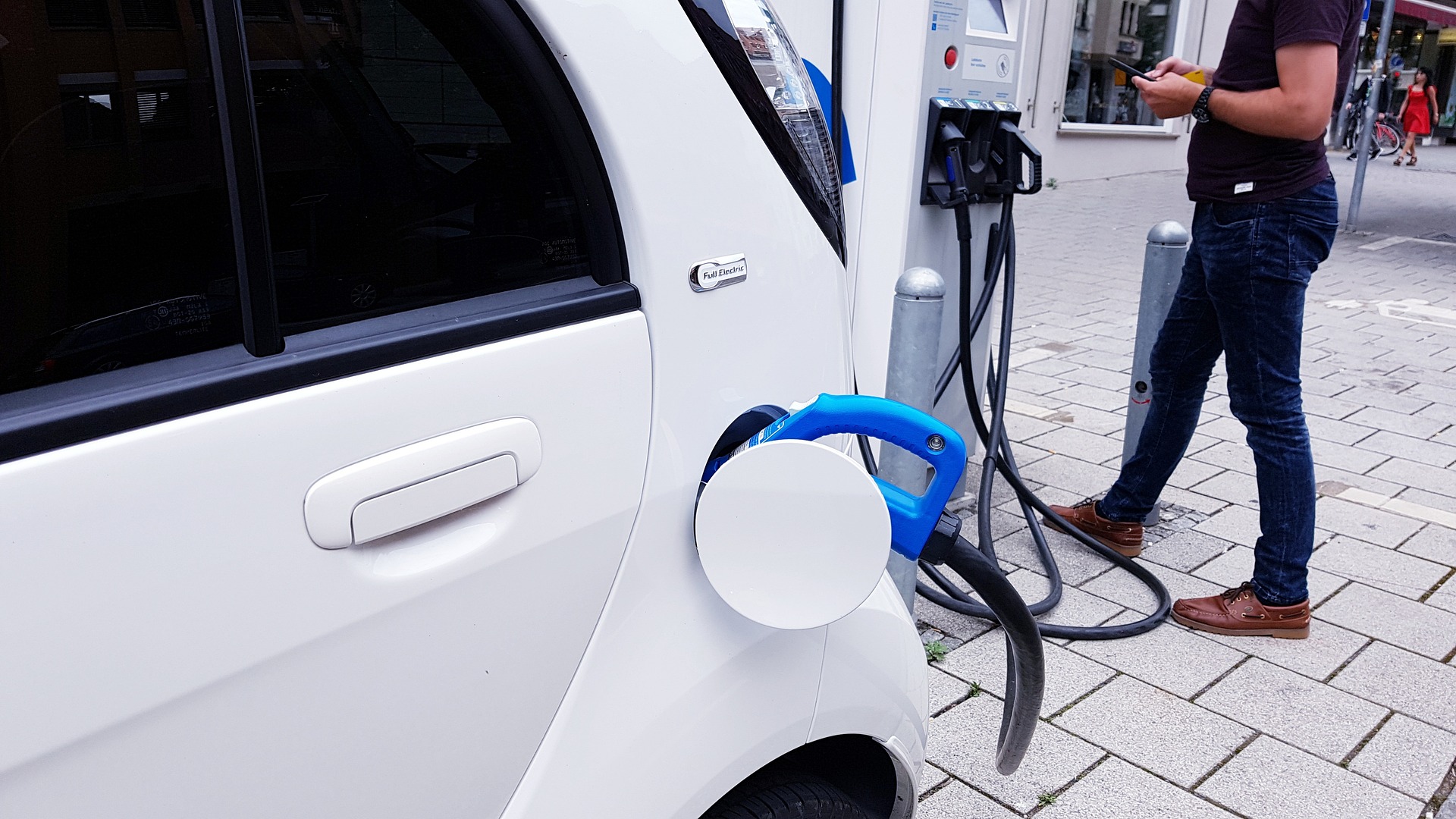Charting the Course: How GPS Technology Shapes Modern Driving
The first time a GPS system guided a driver to their destination, it was a moment that changed the course of automotive history. Fast forward to the present, and GPS technology has become a vital part of our driving culture. In this article, we'll delve into the history, current trends, and the future of GPS technology in cars.

Introduction
Imagine driving in an unknown city, with no map, no road signs, and no guide to direct you. Chances are, you won’t get very far. But thanks to global positioning system (GPS) technology, such scenarios are a thing of the past. Today, we explore the fascinating journey of GPS technology and how it’s shaping our driving experiences.
The Genesis of GPS in Cars: A Brief History
The story of GPS technology in cars began in the 1980s. It was initially a military technology, designed to aid navigation for naval and air forces. However, its potential for civilian use quickly became apparent. The first civilian GPS system for cars hit the market in 1990. It was a rather bulky device, costing a staggering $3,000. Despite its high price and large size, it marked the beginning of a revolution in car navigation.
GPS Today: A Necessity for Modern Drivers
Fast forward to today, GPS technology is no longer a luxury but a necessity. It’s not just about getting from point A to point B anymore. Modern GPS systems offer real-time traffic updates, weather forecasts, and even suggest the most fuel-efficient routes. They can also direct emergency services to your location in case of an accident. The technology has become an integral part of our driving culture, empowering drivers with knowledge and providing a safety net when needed.
GPS and the Auto Industry: An Unstoppable Duo
GPS technology has had a massive impact on the automotive industry. Car manufacturers now integrate GPS systems into the very fabric of their vehicles. They’re also exploring ways to use GPS data to enhance autonomous driving systems. The rise of connected cars has also seen GPS become a tool for car diagnostics and maintenance. It’s a trend that shows no sign of slowing down.
The Future of GPS in Cars: Sky’s the Limit
The future of GPS in cars looks promising. As the technology improves, we can expect more accurate and detailed mapping, enhanced traffic prediction, and even integration with augmented reality (AR) for a more immersive navigation experience. The possibilities are vast and exciting, and it’s clear that GPS technology will continue to shape our driving experiences for years to come.
In conclusion, GPS technology has come a long way from its military roots. It’s now a vital part of our driving culture, providing real-time navigation, safety features, and even contributing to the rise of connected and autonomous cars. As we look to the future, it’s clear that the sky’s the limit for GPS technology in cars. It’s an exciting journey, and we can’t wait to see where it leads us next.




